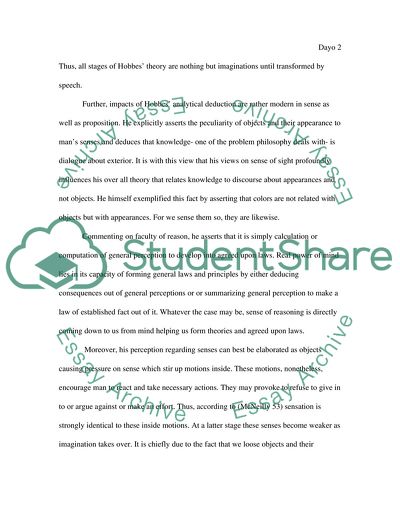Cite this document
(Philosophical Approach: Socrates, Aristotle, Plato, Rousseau, Locke Coursework - 13, n.d.)
Philosophical Approach: Socrates, Aristotle, Plato, Rousseau, Locke Coursework - 13. https://studentshare.org/philosophy/1738103-philosophy
Philosophical Approach: Socrates, Aristotle, Plato, Rousseau, Locke Coursework - 13. https://studentshare.org/philosophy/1738103-philosophy
(Philosophical Approach: Socrates, Aristotle, Plato, Rousseau, Locke Coursework - 13)
Philosophical Approach: Socrates, Aristotle, Plato, Rousseau, Locke Coursework - 13. https://studentshare.org/philosophy/1738103-philosophy.
Philosophical Approach: Socrates, Aristotle, Plato, Rousseau, Locke Coursework - 13. https://studentshare.org/philosophy/1738103-philosophy.
“Philosophical Approach: Socrates, Aristotle, Plato, Rousseau, Locke Coursework - 13”. https://studentshare.org/philosophy/1738103-philosophy.


